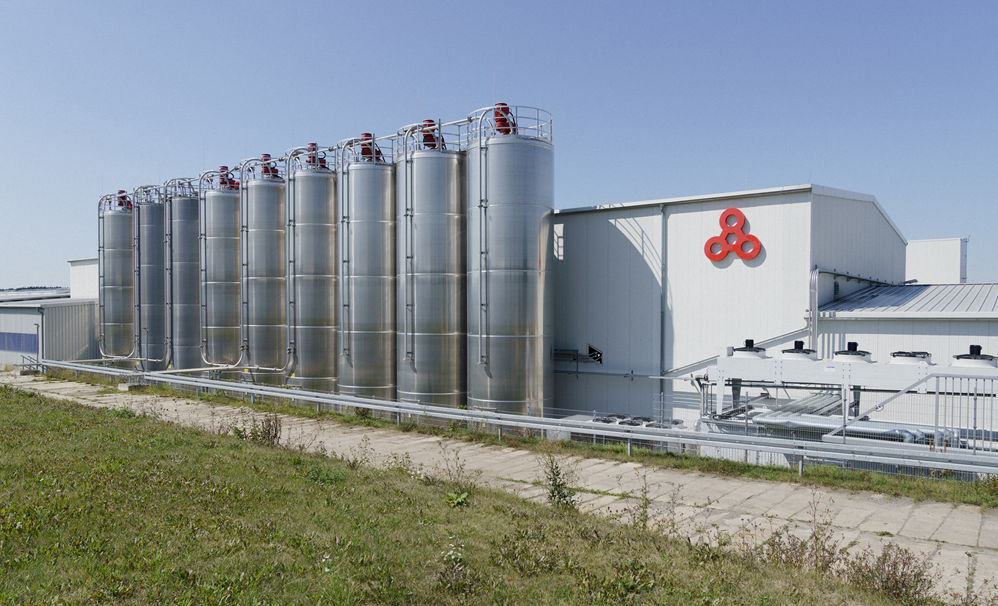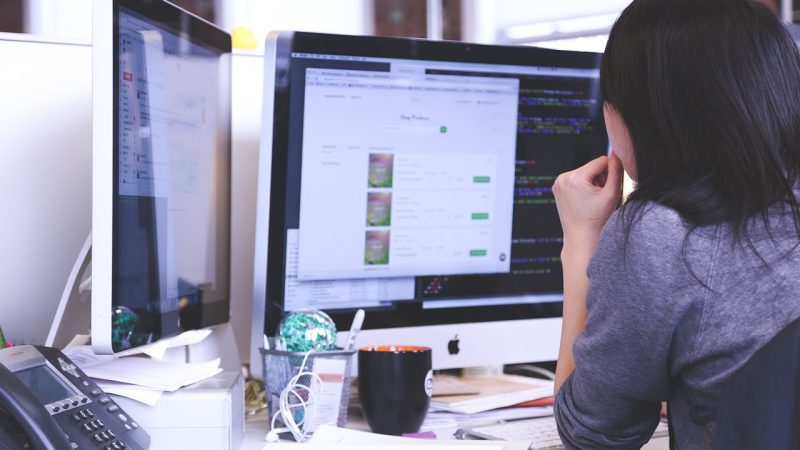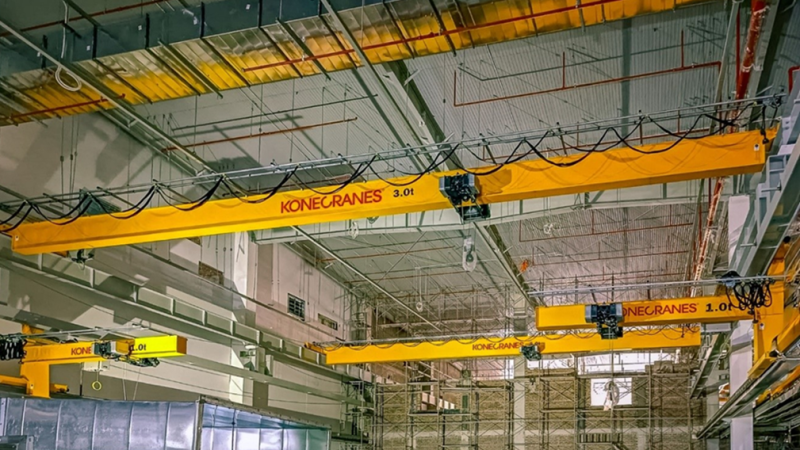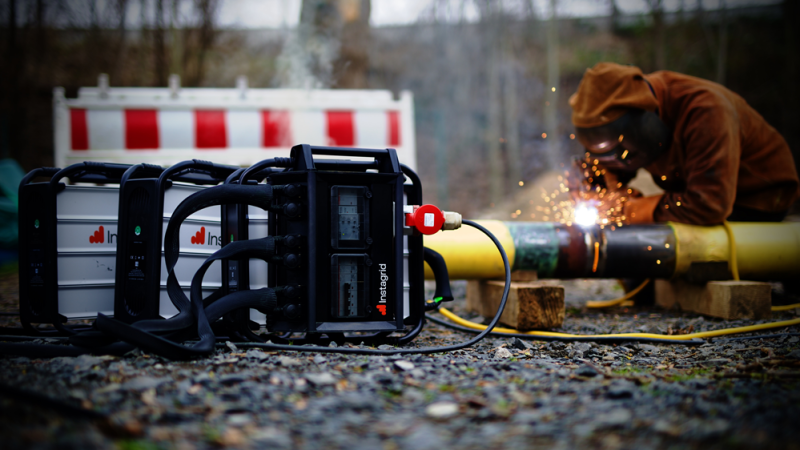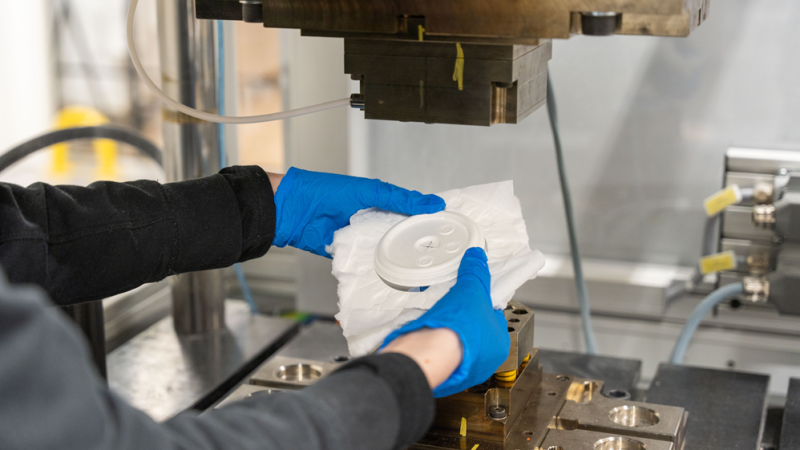Founded 30 years ago by the Ramon family, Cabka has been driven by a singular vision – “Circularity.” Cabka CEO Alexander Masharov, explains: “Our mission has always been to recycle materials and create valuable products from it. This commitment to circularity is at the heart of everything we do.”
Cabka’s foundation consists of two pillars. The first is a recycling business that collects post-industrial and post-consumer waste to create products. The second specialises in transport packaging, manufacturing pallets and containers from recycled plastic. These products are not only recyclable but also durable, lightweight, and nestable, enhancing the sustainability of the systems using them. Cabka makes sustainability work for businesses, society, and the planet.
As a listed company on the Euronext Stock Exchange, Cabka has embedded the concept of “Circularity” at every level.
“We don’t want anything to go to waste,” Masharov shares. “We create products that are made out of recycled plastics, collect them at their end-of-life, and recycle them again.”
Recycling is a rapidly growing sector, as businesses in every industry feel the push to become more sustainable and reduce their carbon footprint. Cabka stands out as probably the most backwards-integrated manufacturer on the market. “There are a lot of other pallet, RTP and packaging companies out there in the market, but we recycle a significant share of our own materials,” Masharov explains. “This positioning is supported by our innovation hub in Valencia, where we are constantly developing new products and material streams. New pallets, containers, and any other RTP to be used in chemical, automotive, food and retail supply chains, to name just a few.”
Closing the Loop
“Cabka N.V. is headquartered in the Netherlands and maintains an international presence. Today, we employ approximately 700 people across our multiple production and corporate support sites strategically located across Europe and in the United States to serve companies such as BMW, CHEP, LIDL.
Over the recent years, these facilities have had to adapt to unforeseen challenges. In 2022, the US manufacturing site was flooded. We temporarily had to close our facilities in the US for a year, forcing us to subcontract all of our work there,” Masharov recalls.
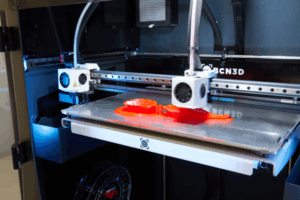 Cabka has successfully navigated challenges such as these through close collaborations with partners, including mould services partner, Surtechno. Like Cabka, Surtechno recognises the importance of sustainability and its role in driving innovation and growth, as well as solving numerous logistic and environmental challenges. Fortunately, Cabka now proudly operates a brand-new manufacturing facility in the United States. “We had to rebuild the factory from scratch, however this time with sufficient protection against flooding!” Masharov remarks.
Cabka has successfully navigated challenges such as these through close collaborations with partners, including mould services partner, Surtechno. Like Cabka, Surtechno recognises the importance of sustainability and its role in driving innovation and growth, as well as solving numerous logistic and environmental challenges. Fortunately, Cabka now proudly operates a brand-new manufacturing facility in the United States. “We had to rebuild the factory from scratch, however this time with sufficient protection against flooding!” Masharov remarks.
This is not the only challenge in the sector. The industry continues to work around the price of raw materials. Cabka’s differentiator is that it processes waste into products, leveraging its in-house material and product engineering expertise. In 2023, Cabka processed 140 kilotons of waste and recycled plastic to create new products, which accounts for 89% of our raw materials inflow. “The path to widespread use of recycled materials in packaging products is based on two arguments. One is price, the other is the business’ desire to be an ESG compliant, sustainable company with a positive impact to the world,” Masharov explains. However, as raw material prices fluctuate, Cabka has to evolve in the case it makes for recycled materials. “It gets difficult in price and cost when virgin material prices are the same as recycled ones, meaning the economic benefit of recycled materials isn’t there,” Masharov acknowledges.
Fortunately, as regulatory frameworks are strengthened, the imperative for a sustainability agenda becomes increasingly stronger. “The European Union is playing a vital role in advancing a robust agenda of environmental compliance. New regulations, such as the Corporate Sustainability Reporting Directive (CSRD), are coming into force mandating businesses to report on the amount of recycled material they use. By 2030, businesses must transition to packaging with recycled content and prioritise packaging recyclability,” Masharov points out. “We have a dedicated team that can calculate our customers’ carbon footprints and demonstrate how our products can help lower the footprint. We are already helping many of our customers navigating environmental requirements.”
A Green Team
Cabka’s products made out of recycled plastics allow significant carbon reductions. Overall the company has helped to avoid 309 kilotons of carbon emission in 2023. This equates to the annual carbon footprint of more than 65000 people.
Cabka knows the impact of packaging can be reduced even further and continues to pursue an ambitious climate transition plan to achieve carbon neutrality in own production and 100% renewable energy by 2030.
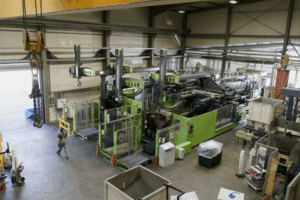
To achieve these results, Cabka requires a strong pool of expertise across all its business operations around the world. “As a global company, each of our sites has its own HR department, with people dedicated to implementing a global company culture under the guidance of our company-wide Head of HR,” Masharov says. “One of our key initiatives is a leadership and development program designed to cultivate the next generation of leaders. We believe these individuals have the potential to steer our organisation forward. Throughout a year of development, they engage in both theoretical work with universities and more practical case studies. Through that, they learn how to work with the challenges that leaders face.”
This support and investment in Cabka’s people are not just focused on its potential leaders but on its entire team. “We support our staff if they choose to study outside the company,” Masharov says. “If they want to acquire knowledge through studying at universities, we encourage that as much as we can.”
Empowered with this knowledge, Cabka is ready to continue pursuing the same vision it has upheld since its inception in 1994. “Our vision has always been very straightforward,” Masharov explains. “We aim to close the loop as much as we can, working with customers to ensure whatever we produce returns to us for reworking it into new products. We are committed to manufacturing sustainable products to ensure that we do not burn any waste. We believe in transformation – creating materials, transforming them into products, and then taking those used products and transforming them back into materials, in the end closing the loop. That continues to be our vision.”
